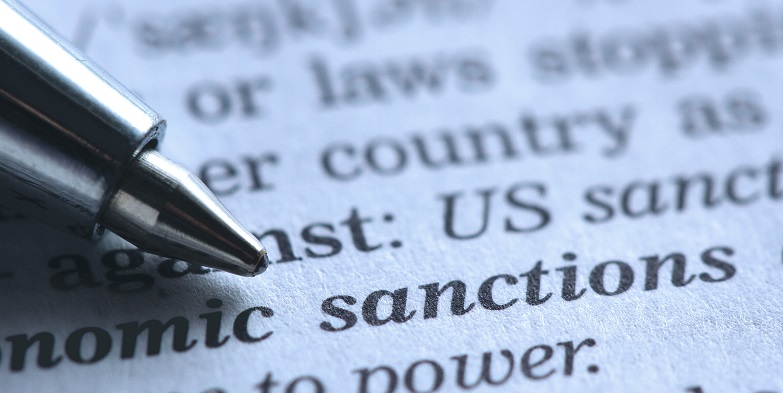OFAC announces sanctions settlement against Canadian company’s U.S. parent

On October 5, 2017, the U.S. Treasury Department’s Office of Foreign Assets Control (“OFAC”) announced a $372,465 settlement with BD White Birch Investment LLC (“White Birch USA”) over alleged violation of the Sudanese Sanctions Regulations which, at the time of the transaction, prohibited U.S. persons from conducting transactions with Sudan or the Government of Sudan. OFAC alleged that the U.S. company violated U.S. trade sanctions when it facilitated the sale and shipment of Canadian-origin paper valued at $354,602.26 to Sudan through its Canadian Subsidiary, White Birch Paper Canada Company NSULC (“White Birch Canada”). The maximum potential fine could have been up to $853,746.
In its release, OFAC stressed the importance of taking steps to ensure that information about potential violations is accurate and complete. OFAC cited several aggravating factors as part of the settlement agreement, including that:
- White Birch USA demonstrated “reckless disregard” for U.S. Sanctions requirements by “failing to exercise a minimum degree of care regarding the apparent violations”.
- White Birch Canada personnel concealed the destination of the goods from its bank for two of the apparent violations.
- White Birch USA personnel, including management, had knowledge of and were actively involved in the apparent violations.
- White Birch USA is a large sophisticated commercial company.
- White Birch USA’s compliance program was “either non-existent or inadequate”.
- White Birch USA did not initially cooperate with the OFAC investigation, and provided inaccurate and incomplete information to OFAC.
As mitigating factors, OFAC noted that White Birch USA had no prior OFAC sanctions history and had not received a penalty notice, and that White Birch USA had taken remedial steps in response to the apparent violations. The settlement announcement noted that while White Birch USA did not voluntarily disclose the apparent violations to OFAC, the violations were a “non-egregious case.”
OFAC sanctions and regulatory enforcement
This settlement is a reminder of the risk of dealing with persons or groups subject to sanctions lists, either in the U.S. or Canada. OFAC enforces trade sanctions against various targeted foreign countries, groups, and individuals. Transactions with sanctioned countries or persons by U.S. persons or within the United States are prohibited. In particular, U.S. companies with subsidiaries operating in Canada should ensure compliance with both regimes. As this settlement shows, a U.S. parent company may be liable for the actions of a Canadian (or other foreign) subsidiary where employees of the parent are involved in the transaction. The OFAC announcement emphasized that foreign subsidiaries of U.S. parent companies must act independently from their parent companies or other U.S. individuals for all transactions that would be prohibited if they were carried out by a U.S. Person or in the United States.
Moreover, U.S. laws may apply to Canadian companies in certain circumstances. While U.S. sanctions apply to persons or transactions within the United States, this would include transactions flowing through U.S. banks, and jurisdiction may be established even through transactions using U.S. currency. Canada also has a similar sanctions regime administered by Global Affairs Canada. Companies may also be subject to positive obligations under Canadian legislation; for instance, Canadian law involves certain reporting requirements for holdings and activities in relation to targeted individuals and entities. Thus, companies doing business in countries which may be subject to sanctions must be aware of these issues and seek advice from counsel to determine if a given transaction may constitute a violation.